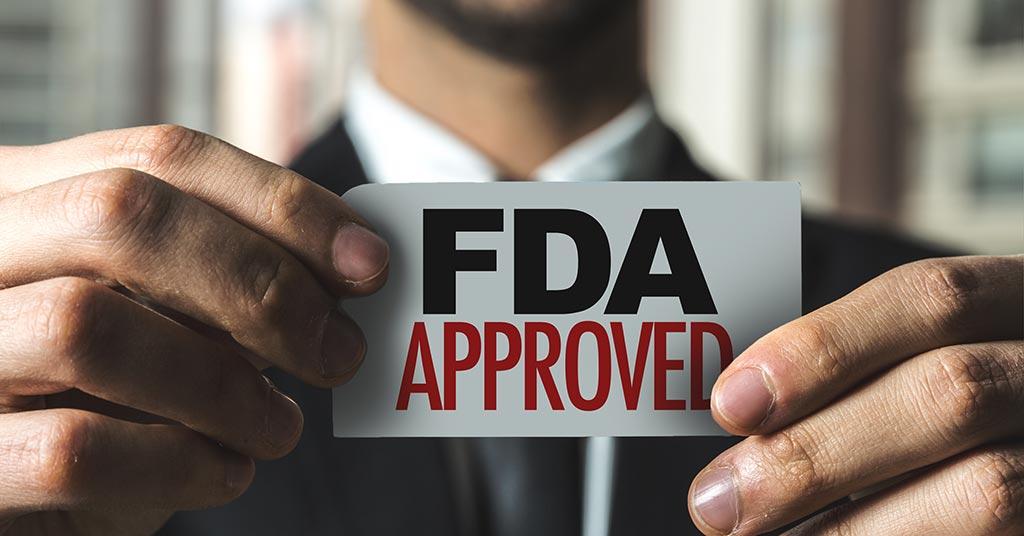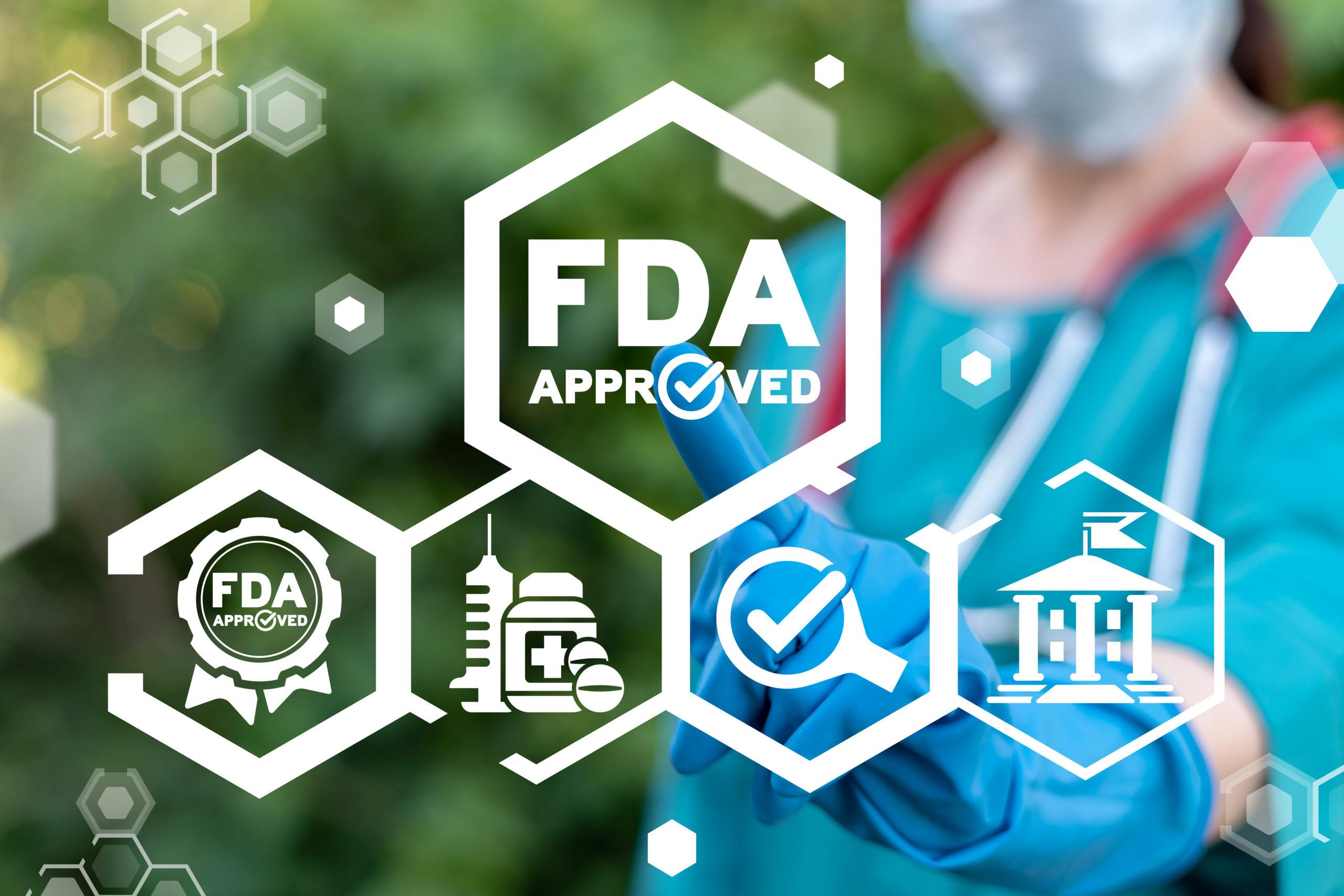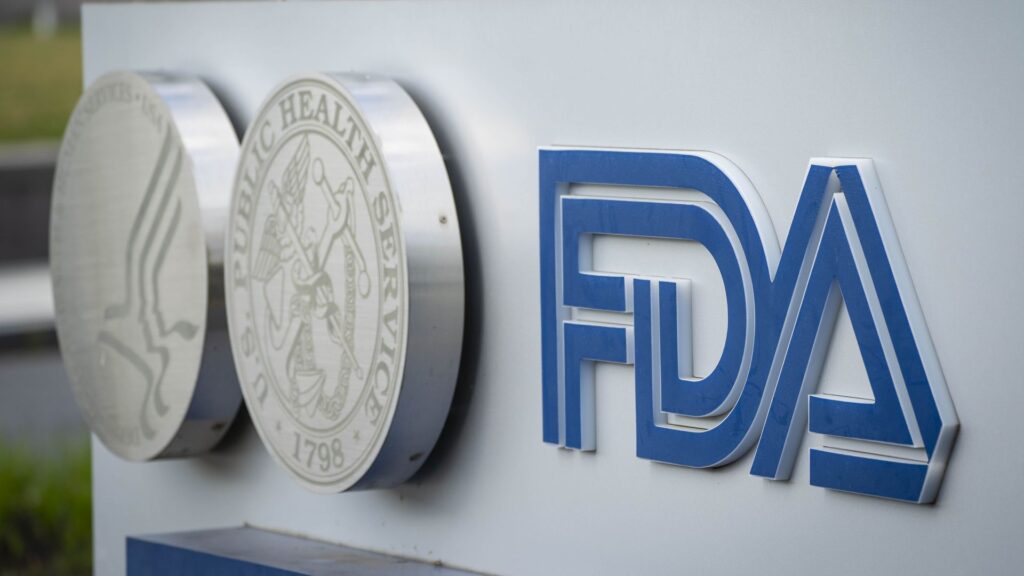Navigating FDA compliance can be a daunting task for many businesses in the food and drug industries. Understanding the regulations and requirements set forth by the Food and Drug Administration is essential to avoid costly mistakes and potential legal implications.
In this article, we will break down three key things you need to know about FDA compliance to help you navigate the regulatory landscape with confidence.
Key Requirements for FDA Compliance

In order to ensure FDA compliance, there are several key requirements that companies must adhere to. First and foremost, it is essential to thoroughly understand and follow the current FDA regulations and guidelines relevant to your specific industry.
This includes staying up-to-date on any changes or updates to these regulations. Additionally, proper documentation and record-keeping are critical for demonstrating compliance with FDA standards.
This includes maintaining accurate and detailed records of all processes, procedures, and outcomes related to product development and manufacturing.
Lastly, companies must have robust quality control measures in place to ensure that products consistently meet FDA requirements for safety, efficacy, and quality. By diligently following these key requirements, companies can navigate the complex landscape of FDA compliance and avoid costly penalties and setbacks.
Common Non-Compliance Issues
Common non-compliance issues that companies face when dealing with FDA regulations include failing to maintain proper documentation, inconsistencies in product labeling, and inadequate quality control measures. These issues can result in costly fines, delayed product approvals, and damage to a companys reputation.
It is essential for companies to stay vigilant in ensuring that all processes and procedures are in line with FDA guidelines to avoid potential compliance issues.
By conducting regular audits, staying up to date on regulations, and implementing thorough training programs for employees, companies can mitigate the risk of non-compliance and protect their business interests.

How to Address the Issues
In order to effectively address the issues surrounding FDA compliance, it is essential to first understand the regulations in place and how they apply to your specific industry. Conducting a thorough review of the FDA guidelines and requirements will help identify any potential areas of non-compliance within your organization.
Once these issues have been identified, it is important to develop a comprehensive plan to address and rectify them in a timely manner. This may involve implementing new processes, updating documentation, providing additional employee training, or making necessary changes to products or facilities.
It is also crucial to regularly monitor and review your compliance efforts to ensure ongoing adherence to FDA regulations and prevent future issues from arising.
Conclusion

In conclusion, understanding and adhering to FDA regulations is crucial for businesses operating in the food and drug industries.
By familiarizing yourself with the basics of FDA compliance, such as registration, labeling, and quality control, you can ensure the safety and efficacy of your products while avoiding costly fines and legal repercussions.
Remember, compliance is not just a legal requirement – it is also a responsibility to your consumers and the public health. By staying informed and proactive in your approach to FDA regulations, you can protect your business, your customers, and your reputation in the marketplace.







